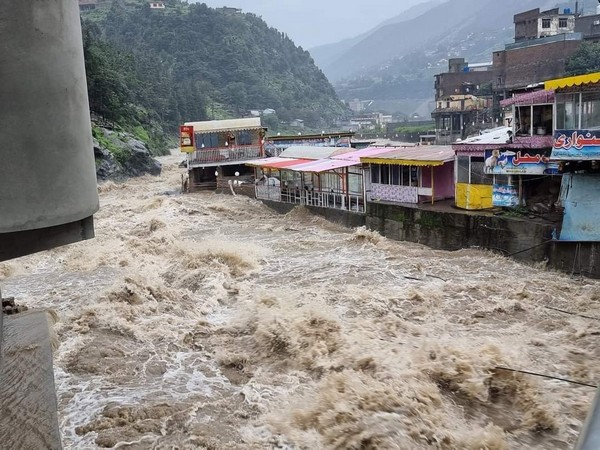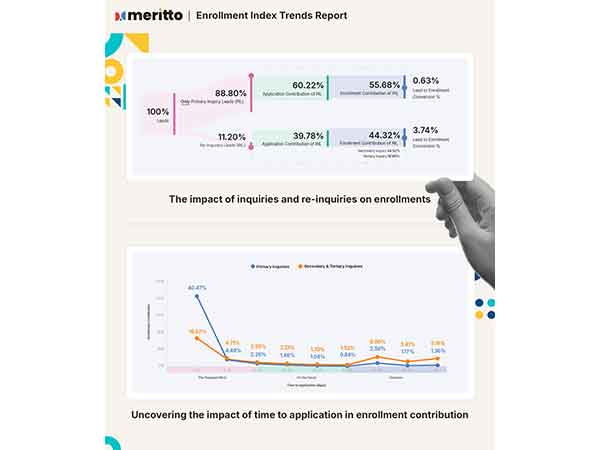Hong Kong Stock Exchange suspends trading in media tycoon Jimmy Lai's company
May 17, 2021

Hong Kong, May 17 : The Hong Kong Stock Exchange temporarily suspended trading of shares belonging to jailed media tycoon Jimmy Lai's Next Digital before the market opening on Monday, two days after the Security Bureau froze nearly HKD 500 million of his assets.
The temporary suspension was revealed just before Lai, who is facing charges under the draconian Beijing-imposed national security law, arrived at court to face unauthorised assembly charges relating to a 2019 anti-government protest, according to South China Morning Post (SCMP).
The trading in Next Digital shares was 'temporarily suspended' from 9 am, as per the Hong Kong Exchanges and Clearing website. Lai holds 71.26 per cent of shares in the company, which publishes local tabloid-style newspaper Apple Daily.
Hong Kong authorities had earlier frozen nearly HKD 500 million of imprisoned media tycoon Jimmy Lai's assets under the national security law.
Issuing a statement on Friday night, the Hong Kong government announced that the secretary for security had ordered Lai's shares in the Next Digital media company to be frozen, along with assets in the local bank accounts of three companies he owned, reported SCMP.
The Hong Kong Journalists Association criticised the latest action against Lai, with chairman Chris Yeung Kin-hing questioning whether political factors were involved.
"We are deeply concerned that the government's decision [to freeze Lai's assets] comes just around the same time that the police commissioner has repeatedly criticised Apple Daily's news coverage, claiming it to be publishing fake news and inciting hatred," they said.
This comes after Lai was sentenced by a Hong Kong court to 14 months in prison on Friday over an illegal assembly in August 2019.
Lai and some other protestors of Hong Kong riots were convicted earlier by the local court for organising and participating in an unauthorised assembly on August 18, 2019, in Hong Kong.
Subversion was made a criminally punishable offence in Hong Kong last year under the Beijing-drafted national security law.
According to Beijing, the legislation criminalises activities related to terrorism, separatism, subversion of state power and collusion with foreign forces, while local pro-democracy activists and certain Western nations claim that the law undermines Hong Kong's civil liberties and democratic freedoms.
Beijing was perturbed by violent anti-government protests in 2019 and has imposed the national security law to take action against those who protested against the government.



















